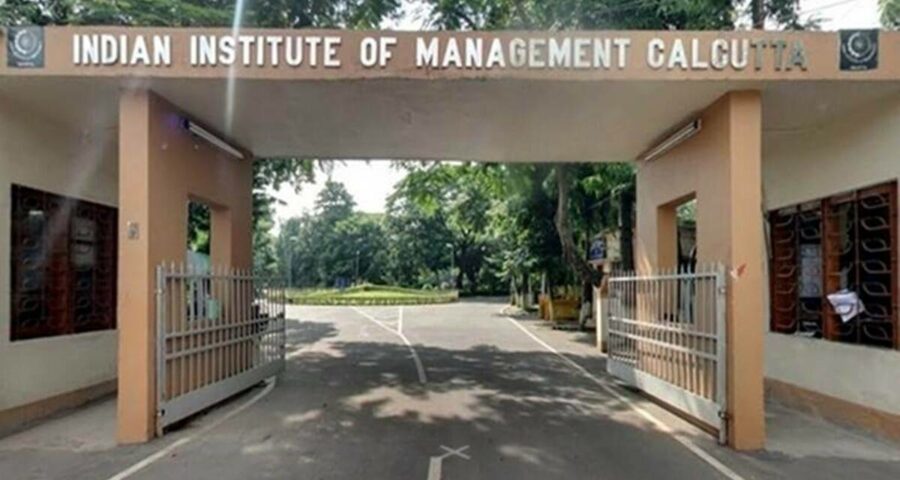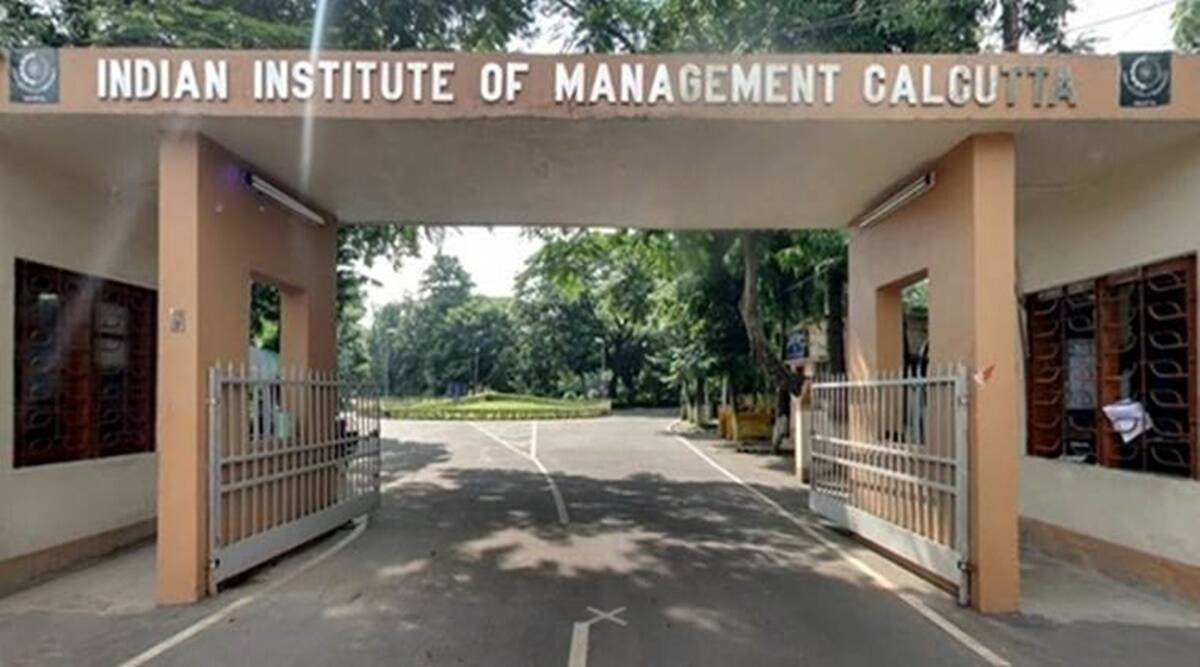The draft code, circulated late February by former director Anju Seth on behalf of the Board, has met strong resistance from the faculty.
NO criticising the institute or the government, no joining protest demonstrations that hurt “public order” or “decency,” curbs on going to the court or the press, no politics, no signing joint petitions for redressal — these are among the key provisions of a new code of conduct for faculty at the Indian Institute of Management, Calcutta.
The draft code, circulated late February by former director Anju Seth on behalf of the Board, has met strong resistance from the faculty. In a response signed by over 60 teachers, they have argued that the code, borrowing heavily from the Central Civil Services (Conduct) Rules, goes against the understanding of an academic institution that is expected to promote critical thinking and academic freedom.
It also infringes on their Constitutionally protected rights and goes against the idea of considering academic institutions different from government departments.
Aside from prohibiting criticism of the government and the institute and its policies, the code expects teachers to seek prior approval of “the competent authority” to pursue any academic interests outside the institute.
It forbids them from being “a signatory to any joint representation addressed to the authorities for redress of any grievance” and forwarding their plea for grievance redressal to a higher authority “unless the lower authority has rejected the claim or refused relief, or the disposal of the matter is delayed by more than three months.”
“No employee shall, except with the previous sanction of the competent authority, have recourse to any Court of Law or to the Press for the vindication of any official act which has been the subject matter of adverse criticism or an attack of defamatory character,” the draft states.
Then there is the expectation of maintaining political neutrality and not taking part in politics or being associated with any party or organization that participates in political activity.
Participation in demonstrations that can be considered “prejudicial to the interests of the sovereignty and integrity of India, the security of the State, friendly relations with foreign States, public order, decency or morality or which involves contempt of court, defamation or incitement to any offence” is a no-go area.
Ironically, this code comes shortly after the faculty approached the government directly against their Director and the Board, which eventually led to the former’s resignation. Board Chairman Shri Krishna Kulkarni did not respond to an email.
“By reposing its immense faith in the efficacy of Central Civil Service (Conduct) Rules as the foundational governing policy for an academic institution, the document appears to have turned its back on the juridical and politico-administrative wisdom embedded in the extant Indian institutional framework that has always stood for the autonomy of academic institutions,” the feedback shared with the sub-committee of the Board of Governors reads.
Teachers have cited the example of the MIT faculty recently writing an open letter to US Congress for a robust coronavirus stimulus package helping the economically vulnerable to endorse their point.
On restricting criticism of the government and the institute, the faculty have said this is a “departure” from policies at best institutes worldwide that stress that “stakeholders in an organisation have the right to speak out against any wrong policies, because otherwise the organisation will never get rid of wrong policies.”
The teachers have referred to court judgments to argue that CCS Rules should not apply to academic institutions since teachers are not government servants. They cite a 2013 order of the Supreme Court that ruled employees of colleges affiliated to state-recognised universities cannot be labelled as government servants, and the rules for state employees should not govern them.
The service rules of IIM-Bangalore carry the provision on criticism of the institute, government and their policies. However, the general conduct rules of IIM-Ahmedabad make no mention of the same but teachers at IIM-Ahmedabad are expected to maintain “political neutrality.”
Source: Read Full Article


